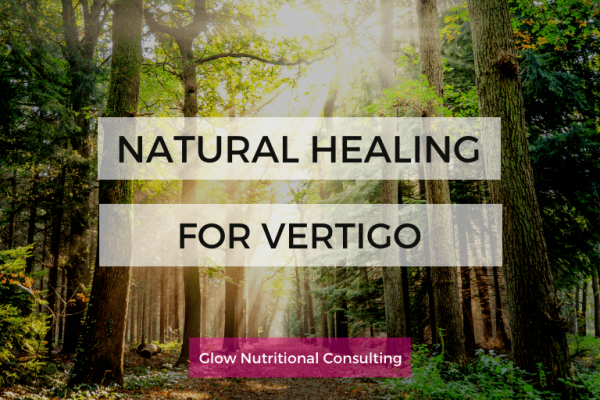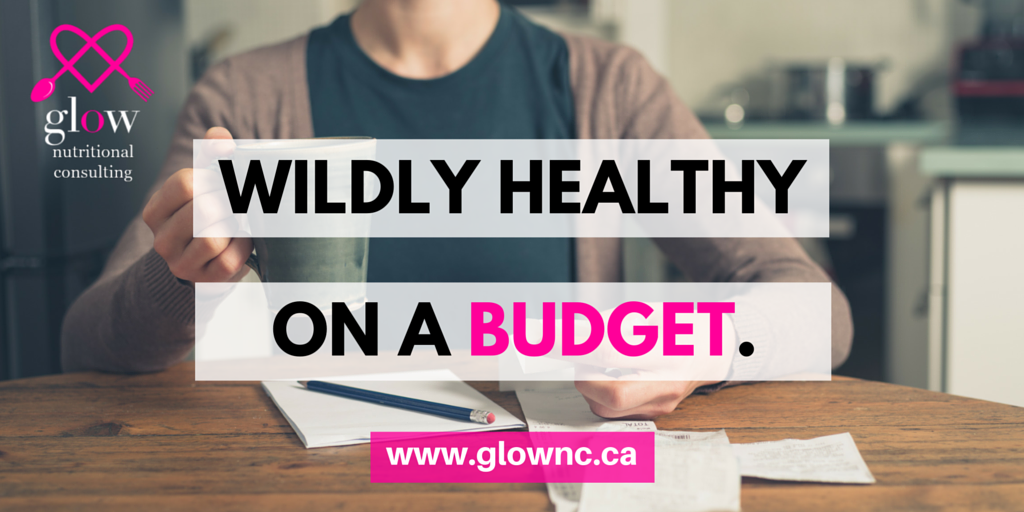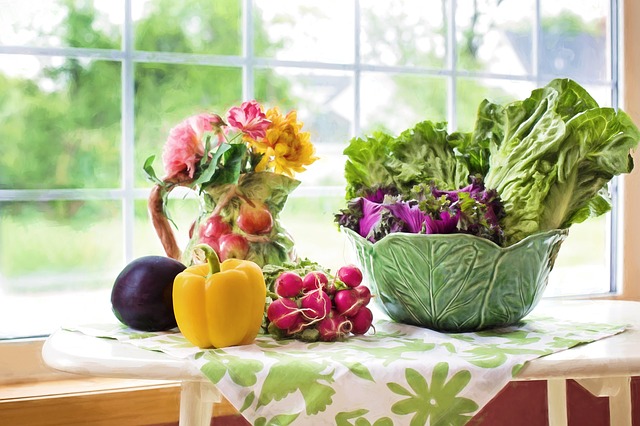Hey Beautiful, I wanted to share some powerful recovery food options so that you knew how to help your body heal after surgery or other bodily trauma.
Put these tips into place while giving yourself the time to rest.
And keep your mind healthy while recovering by filling it up with some inspiring movies, TV shows, books, audio books, and/or podcasts.
Tip # 1: Don’t Overdo It.
Don’t say you’re fine if you’re not. Don’t try to do everything yourself. Don’t try to push your body.
This is your time to recover.
Let yourself be taken care of. Ask people for help. Be specific as to the help you’d love most right now.
When you can do these things, you’ll be giving yourself the BEST gift: the gift of healing properly.
Get someone to bring you in some of these fabulous food recommendations if needed, or if you have time before your surgery, prep lots of them into healthy, freezable meal options.

Three Key Recovery Food Nutrients
There are three key nutrients that are known to speed up post-surgical healing. In this blog post, I’ll tell you the role they each play in your fabulous healing, alongside where to get them in foods.
Keep in mind fresh, organic food, lightly and very recently cooked will impact your healing a LOT more than reheated, low-nutrient, cheap food. (As always).
So when you can, go in prepared with meals for yourself, or have someone you love bring you leftovers and fresh meals. Let yourself be taken care of.
Vitamin A
This nutrient will help to speed-heal tissue and keep up immune support (important when your skin is one of your biggest, first protectors of disease, it’s been opened, and you’re sitting in a hospital).
Vitamin A comes in two forms: pre-converted and needs-to-be-converted. Pre-converted is great because it will help get the nutrient into your body quickly, but large doses of this type of Vitamin A are not recommended for women who could conceive – large doses can cause birth defects.
When you take in Pre-Vitamin A, the version that needs to be converted by the body, you’re giving yourself additional antioxidants for healing, and allowing your body to convert what it needs for you, while keeping the rest for extra benefit to your cells.
Here are some recovery food options of both the pre-converted and the needs-to-be-converted (aka Pre-Vitamin A):
Pre-converted Food Sources:
- Calf’s liver
- Fish liver oil
*Always, ALWAYS buy ONLY organic liver! The liver is the organ that filters ALL of your worldly contaminants out of you, so when you’re purchasing an animal’s liver, or the fat from it, you want to ensure they were as healthy as possible. Organic standards and certification are currently the best way to guarantee they were fed clean foods and therefore were as least toxic as possible.*
Need-To-Be-Converted Food Sources:
- Carrots or fresh, cold-pressed carrot juice (I’d get someone to hit an organic juicery and bring this in for me!)
- Spinach
- Sweet potatoes
- Kale
- Winter Squash
I kid you not, each of these is a POWERHOUSE recovery food and source of pre-Vitamin A. Load them in! Look for slow-cooker recipes when you’re home that someone can toss together for you, or, once you’re up to it (and be honest!) you can put together for yourself that include these fabulous foods. This recipe (though a traditional stove-top one) looks amazing and includes kale and squash.

Vitamin C
Vitamin C helps your tissues rebuild and helps you replenish what you’re losing because of the body stress of surgery.
Here are some amazingly loaded recovery food sources of vitamin C (but don’t be afraid of using a few Emergen-C packs per day, or another powdered vitamin C in addition to your food intake) :
- Raw, Red Bell peppers
- Broccoli
- Brussels Sprouts
- Organic Papaya
- Grapefruit
- Oranges
- Cantaloupe
All of these are outstanding sources of Vitamin C. Lightly cooking is best for veggies to maintain their Vitamin C content, and fresh is best for preserving (and getting the most of) this nutrient!
Zinc
Zinc is required to help support your immune system and rebuild your tissues after surgery.
Here are some amazing recovery food sources of zinc to include in your post-surgery diet:
- Oysters (are one of the richest sources of zinc)
- Calf’s liver
- Lamb
- Sesame Seeds
- Pumpkin Seeds
- Green Peas
Tahini on toast with a little sea salt, pumpkin seed-heavy trail mix with raw chocolate (like Giddy Yoyo) and green peas alongside small portions of the meat options listed above can be great ways to get zinc in. Keep in mind, a serving of meat is 4 oz. if you’re going to be eating any.
Other Important Healing Nutrients:
Essential Fats
Essential fats can help wounds heal more quickly, and better. My favourite recovery food source is cold-pressed Flax Oil (which you should always keep in the fridge). Take this in doses between 1-2 tbsp. per day.
Protein
Protein is needed to help heal your wounds. One of my favourite low-inflammation recovery food protein powders is Sun Warrior in the Warrior Blend Chocolate flavour.
Other Important Healing Notes:
These don’t really fit in with nutrients exactly, but they’re worth you seeing a few times, especially if you’re slightly stubborn or try to be a superwoman and mostly just end up hurting yourself.

Sleep!
Rest is SO important for healing. Did you know there are some mega-healers in the body that can only come out during deep sleep? That’s just ONE reason why it’s so important to rest up. My wish for you is that the world really can wait, and that you can take your down-time as needed until you’re fully recovered.
Patience!
Stop trying to push. Without your body, YOU couldn’t be here. Give it the time it needs to heal. This post is here to help you SUPPORT your body by giving it the nutrients it needs to heal. Do not put these into place only to get back into the swing of things earlier than you should.
Hydration!
Keep your body fuelled by drinking clean (ideally filtered) water often. One of the most basic, but super-helpful recovery “food”s!
Eat Light!
Eat light throughout the first part of healing, close to a vegetarian or vegan diet with a focus on smoothies, cold-pressed juices and soups so that your body is working less hard to digest (and therefore can divert more energy to your healing).
Sending MUCH love and healing your way,
Nathalie
Holistic Nutritionist




